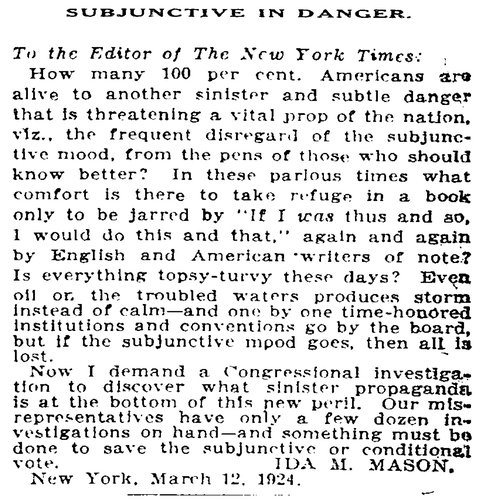BBC: Geoff Nunberg snaps and quivers
According to Cordelia Hebblethwaite, "Britishisms and the Britishisation of American English", BBC News 9/26/2012:
There is little that irks British defenders of the English language more than Americanisms, which they see creeping insidiously into newspaper columns and everyday conversation. But bit by bit British English is invading America too.
"Spot on – it's just ludicrous!" snaps Geoffrey Nunberg, a linguist at the University of California at Berkeley.
"You are just impersonating an Englishman when you say spot on."
"Will do – I hear that from Americans. That should be put into quarantine," he adds.
And don't get him started on the chattering classes – its overtones of a distinctly British class system make him quiver.
But not everyone shares his revulsion at the drip, drip, drip of Britishisms – to use an American term – crossing the Atlantic.
Read the rest of this entry »
